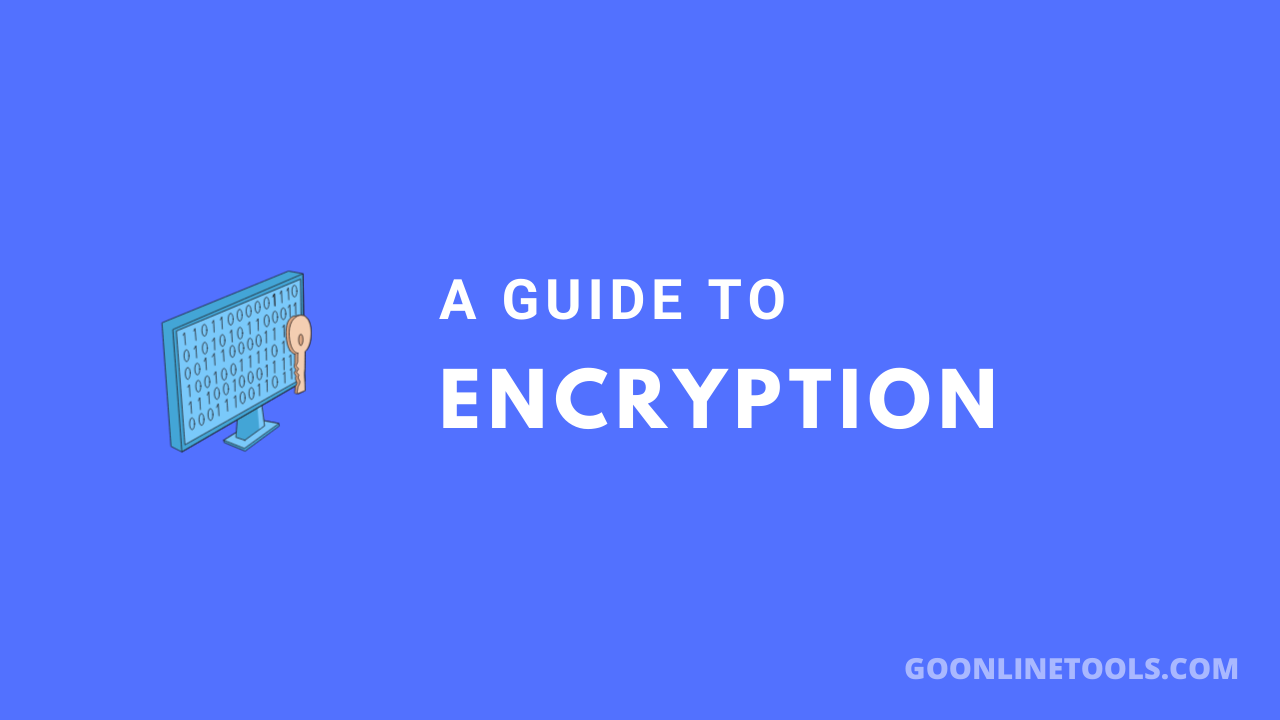
Here’s something that’ll blow your mind: 73% of internet users are genuinely worried about their online privacy. Yet (and here’s the kicker) most folks have absolutely no clue how to actually protect themselves. That’s where proxy servers swoop in to save the day.
Think of a proxy server as your personal digital bodyguard – it hides your real location and keeps you safe while you’re surfing the web. But here’s the thing… with literally thousands of options out there, how on earth do you pick the best proxy server for what you need?
I’m gonna walk you through exactly how to choose the perfect proxy server today. We’ll dig into everything from the free stuff (spoiler alert: usually not great) to the premium services that actually work. Plus, I’ll spill the beans on the specific criteria I personally use when I’m testing proxy providers.
By the time you’re done reading this, you’ll know exactly which proxy server matches your budget and what you’re trying to accomplish.
What Actually Makes a Proxy Server “The Best”?
Look, not all proxy servers are built the same way. The best proxy server for you really depends on what you’re actually trying to do with it.
Here’s what I’ve learned separates the amazing proxy servers from the ones that’ll just waste your time:
Speed That Doesn’t Suck: Your proxy shouldn’t turn your internet into dial-up from 1995. Good proxies only add about 100ms of delay (that’s basically nothing).
Locations That Matter: More server locations equal better access to blocked content and faster speeds when you find one close to home.
Security That Works: You want servers supporting the SOCKS5 protocol and providers who don’t keep logs of what you’re doing (trust me on this).
Stays Online: Nothing’s more annoying than a proxy that keeps crashing. The server needs to actually stay connected when you need it.
Support That Cares: When stuff breaks (and it will), you need real humans who can help you quickly. Look for 24/7 chat support.
Top 5 Best Proxy Servers for Different Use Cases
Alright, let me share my top picks after spending way too many hours testing these things:
1. Best Overall: Floxy Proxy Services
After putting dozens of proxy providers through their paces, Floxy consistently delivers what I’d call the sweet spot of performance, reliability, and actual value. Their residential proxy network really shines for both newcomers and folks who know their stuff.
Here’s why I love it:
- Massive IP pool spanning tons of countries
- Connection speeds that’ll make you forget you’re using a proxy
- Dashboard that’s so easy, your grandma could use it
- Support team that actually knows what they’re talking about
- Pricing that doesn’t require selling a kidney
- Success rate that just works across different sites
Perfect for: Honestly? Pretty much anyone who wants reliable, speedy proxy services without paying through the nose.
What it costs: Multiple plan options starting at really reasonable monthly rates. If you want to buy a proxy from Floxy, just visit their site, and you will find so many value-for-money proxy options.
2. Best VPN-Proxy Combo: NordVPN SOCKS5 Proxies
NordVPN isn’t just doing the VPN thing anymore. They’ve got these SOCKS5 proxy servers that work surprisingly well (I was skeptical at first, not gonna lie).
Why it rocks:
- 11 proxy spots across 3 countries
- Set up guides with actual screenshots (thank you!)
- Malware protection thrown in for free
- Solid download speeds when you’re grabbing torrents
Perfect for: People who can’t decide between a VPN and a proxy and want both options.
What it costs: $3.39/month if you commit to 2 years.
3. Best for Pure Speed: IPVanish SOCKS5 Network
If you’re one of those people who get impatient waiting 3 seconds for a webpage, IPVanish is your friend. Their proxy servers barely slow things down in my testing.
Why it’s awesome:
- 17 proxy locations spread across 8 countries
- 10 different US spots for folks staying domestic
- Use it on as many devices as you want (seriously, unlimited)
- Live chat that’s actually available 24/7
Perfect for: Gaming sessions, streaming marathons, and anything that eats bandwidth.
What it costs: $2.19/month for the long-term commitment.
4. Best for Globe-Trotting: PrivateVPN
With 84 proxy locations in 62 countries, PrivateVPN basically lets you pretend you’re anywhere on the planet. It’s pretty wild, actually.
Why it’s cool:
- Absolutely massive server network
- Works with both SOCKS5 and HTTP (flexibility rocks)
- Pricing that won’t break the bank
- Every single VPN server doubles as a proxy
Perfect for: Folks who need to hop around different countries regularly.
What it costs: Just $2.00/month if you’re willing to commit to 3 years.
5. Best for Paranoid People: Private Internet Access
PIA does this neat trick where they combine VPN and proxy connections for extra security layers. It’s like wearing both a belt and suspenders, but for your internet.
Why security nerds love it:
- Built-in SOCKS5 proxy right in their apps
- Shadowsocks option that encrypts everything
- Unlimited connections (bring all your devices)
- Apps are open-source, so you can check the code yourself
Perfect for: Privacy enthusiasts who want maximum protection.
What it costs: $2.19/month for their longest plans.
How to Pick the Right Proxy Type (Without Getting Confused)
Understanding proxy types isn’t rocket science, but it helps you make smarter choices. Here’s the breakdown:
SOCKS5 Proxies (My Personal Favorite)
SOCKS5 is basically the gold standard. It’s faster than HTTP proxies and way more secure than the older SOCKS versions that nobody should be using anymore.
Go with SOCKS5 when you’re:
- Downloading torrents (it’s perfect for this)
- Gaming online and don’t want lag
- Streaming videos without buffering
- Need that extra security layer
HTTP/HTTPS Proxies
These work great for basic web browsing, but they’ve got some limitations with other apps. Think of them as the reliable Honda Civic of proxies.
Use HTTP proxies when you’re:
- Just browsing websites normally
- Trying to access geo-blocked content
- Using browser-based tools only
- Working with a tight budget
Residential vs Datacenter Proxies
Residential proxies: use real home IP addresses from actual people. They’re harder for websites to spot, but they usually cost more money.
Datacenter proxies: come from server farms. They’re faster and cheaper, but websites can sometimes tell you’re using one.
Common Proxy Server Mistakes That’ll Drive You Crazy
I’ve watched people make these same mistakes over and over. Learn from their pain:
Using Free Proxies for Important Stuff: Never, ever use free proxies for banking, shopping, or work stuff. The security risks just aren’t worth the few bucks you’ll save.
Picking the Wrong Protocol: SOCKS5 beats HTTP for almost everything except basic web browsing. Don’t cheap out here.
Ignoring Where Your Server Is: A proxy server in Tokyo isn’t gonna help you watch US Netflix. Pick locations that actually make sense for what you want to do.
Not Testing Speed First: Always check your connection speed before you commit to any proxy service. Some providers oversell their networks, and everything crawls.
Forgetting DNS Settings: Set up your DNS properly, or you’ll leak your real location anyway. Use your proxy provider’s DNS servers when they offer them.
Security Tips That Actually Matter
Proxy servers boost your privacy, but only if you use them right:
Stick to HTTPS Sites: Even with a proxy, unsecured HTTP sites can expose your data. Look for that little padlock icon in your browser.
Test for IP Leaks: Use sites like whatismyipaddress.com to double-check your proxy is actually working. You’d be surprised how often they’re not.
Avoid Logging Providers: Actually read those privacy policies (I know, they’re boring). Good providers don’t keep logs of your browsing.
Use Strong Login Info: If your proxy needs a username and password, make them strong and unique. Don’t reuse passwords from other accounts.
Keep Everything Updated: Update your proxy client software when new versions come out. Those updates usually fix security problems.
When You Should Use a VPN Instead
Sometimes a VPN really is the better choice. Consider switching when you need:
- Complete encryption of all your traffic
- Protection on sketchy public WiFi
- Security for banking or financial stuff
- Maximum privacy protection possible
- Security for mobile apps (proxies don’t cover apps well)
Proxies are great for specific things, but VPNs protect everything your device sends over the internet.
How to Tell If Your Proxy Server Is Actually Good
Here’s my personal checklist for evaluating proxy performance:
Speed Check: Your download speed shouldn’t drop more than 10-20% max. If it’s worse than that, find a different server.
Ping Test: Keep ping times under 100ms for most activities. Gaming needs even lower numbers.
Connection Stability: The proxy should stay connected without randomly dropping you every 10 minutes.
IP Leak Testing: Make sure websites can’t see your real IP address. This is super important.
Success Rate: The proxy should work consistently across different websites and services you actually use.
What’s Coming for Proxy Servers in 2025
The proxy world keeps changing fast. Here’s what I’m seeing:
- Smart AI Routing: Algorithms that automatically pick the best server for whatever you’re doing. Pretty cool stuff.
- Better Mobile Support: Finally, proxy services that work properly on smartphones and tablets.
- Stronger Security: New encryption methods and better ways to prove you are who you say you are.
- Cheaper Prices: Competition is driving costs down while service quality goes up. Win-win!
- Easier Integration: Proxy services are built right into more apps and browsers, so you don’t have to set things up manually.
How to Make Your Final Choice
Picking the best proxy server doesn’t have to be overwhelming. Just ask yourself these questions:
- What do you mainly want to use it for? (browsing, streaming, torrenting, gaming)
- How many devices need protection?
- Which countries do you need access to?
- What can you realistically spend each month?
- How important is having someone to call when things break?
Based on your answers, grab one of the providers I recommended above. Most offer free trials or money-back guarantees, so you can test drive them without risk.
Remember, the best proxy server is simply the one that actually does what you need it to do. Don’t get distracted by fancy features you’ll never touch.
Time to Take Action
Online privacy gets more important every single day. The longer you wait to protect yourself, the more of your personal data gets exposed to who knows what.
Here’s your action plan:
- Pick a proxy provider from my list above
- Sign up for their service
- Follow their setup guide for your device
- Test everything to make sure it works properly
- Start browsing with better privacy and security
The internet should be a safe place for everyone. With the right proxy server protecting you, it really can be.
For those ready to jump in with a top-tier service, you can buy a proxy from Floxy to experience the performance and reliability that made it my #1 recommendation.
Got questions about choosing a proxy server? Drop a comment below and I’ll help you figure out the perfect solution for your specific situation.
Editorial Team
The Editorial Team at GoOnlineTools.com specializes in delivering cutting-edge information on technology.
View all postsComments 0
No comments yet. Start the conversation!





